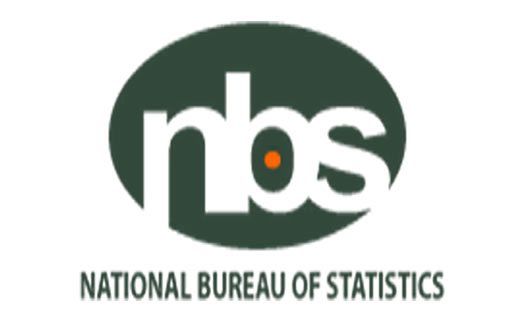This was disclosedby the National Bureau of Statistics on Wednesday, in a its Consumer Price Index report.
The latest inflation figure shows a rise of 0.09 per cent point, compared to January 2023 inflation rate which was 21.82 per cent.
The increase in inflation is coming amidst the prevailing cash crisis in the country.
The NBS said the rise in food inflation was caused by increase in prices of oil and fat, fish, meats, vegetable, yam and other tubers, bread and cereals, and other foods.
The NBS said the contributions of items on a class basis to the increase in the headline index are: Bread and Cereal (21.67%), Actual and Imputed Rent (7.74%), Potatoes, Yam and Other Tubers (6.06%), Vegetable (5.44%) and Meat (4.78%).
The report further showed that food inflation rose to 24.35 paper cent year-on-year in the review month from 24.32 per cent recorded in the previous month.
Meanwhile, core inflation dropped to 18.84 per cent from 19.16 per cent.
On a year-on-year basis, the headline inflation rate was 6.21 per cent points higher compared to the rate recorded in February 2022, which was 15.70 per cent.
This shows that the headline inflation rate (year-on-year basis) increased in February 2023 when compared to the same month in the preceding year (i.e., February 2022).
“On a month-on-month basis, the percentage change in the All-Items Index in February 2023 was 1.71%, which was 0.16% points lower than the rate recorded in January 2023 (1.87%). This means that in February 2023, on average, the general price level was 0.16% lower relative to January 2023,” the NBS said.









